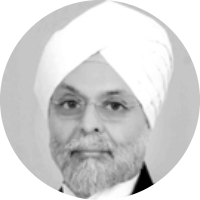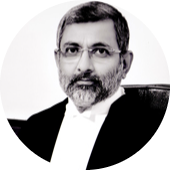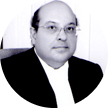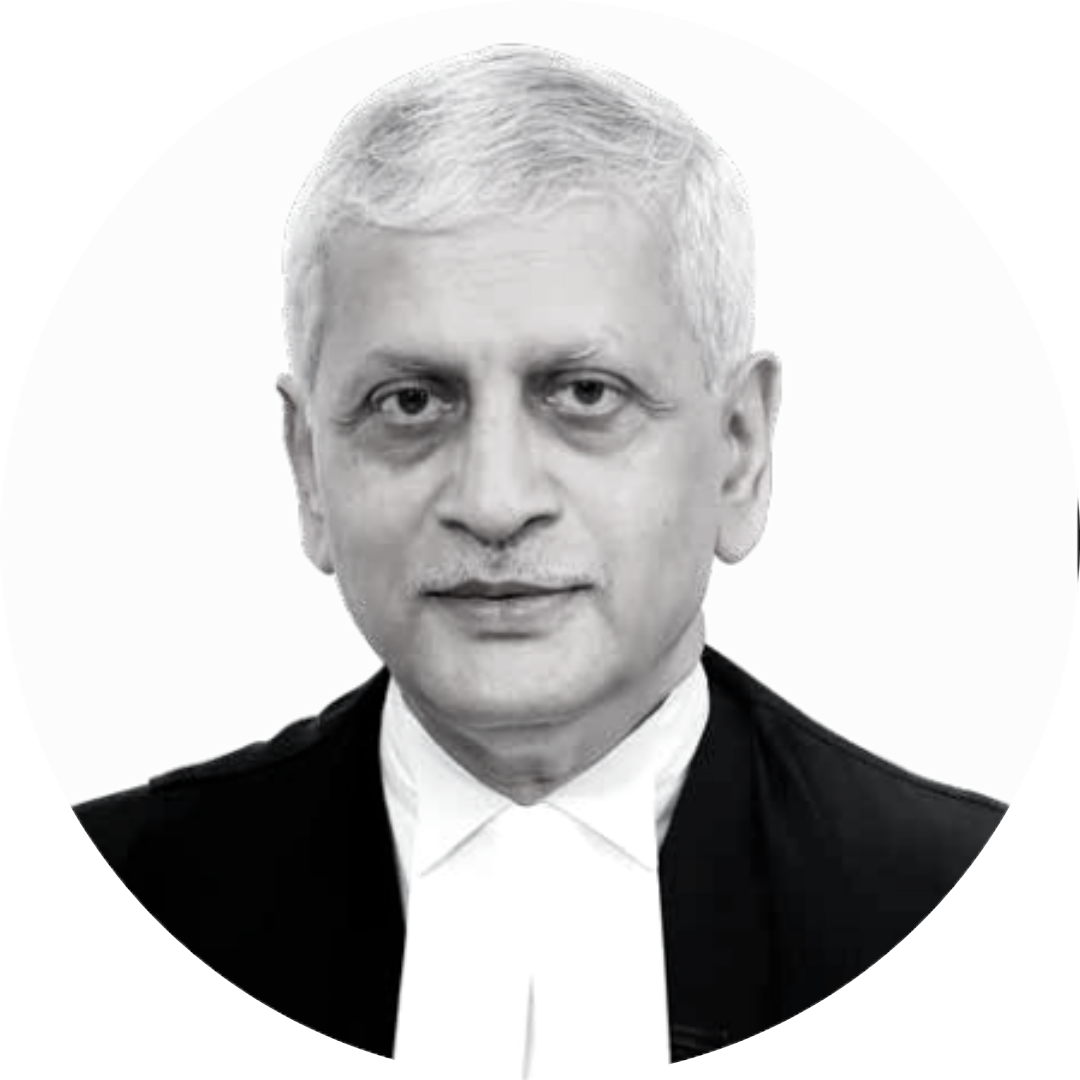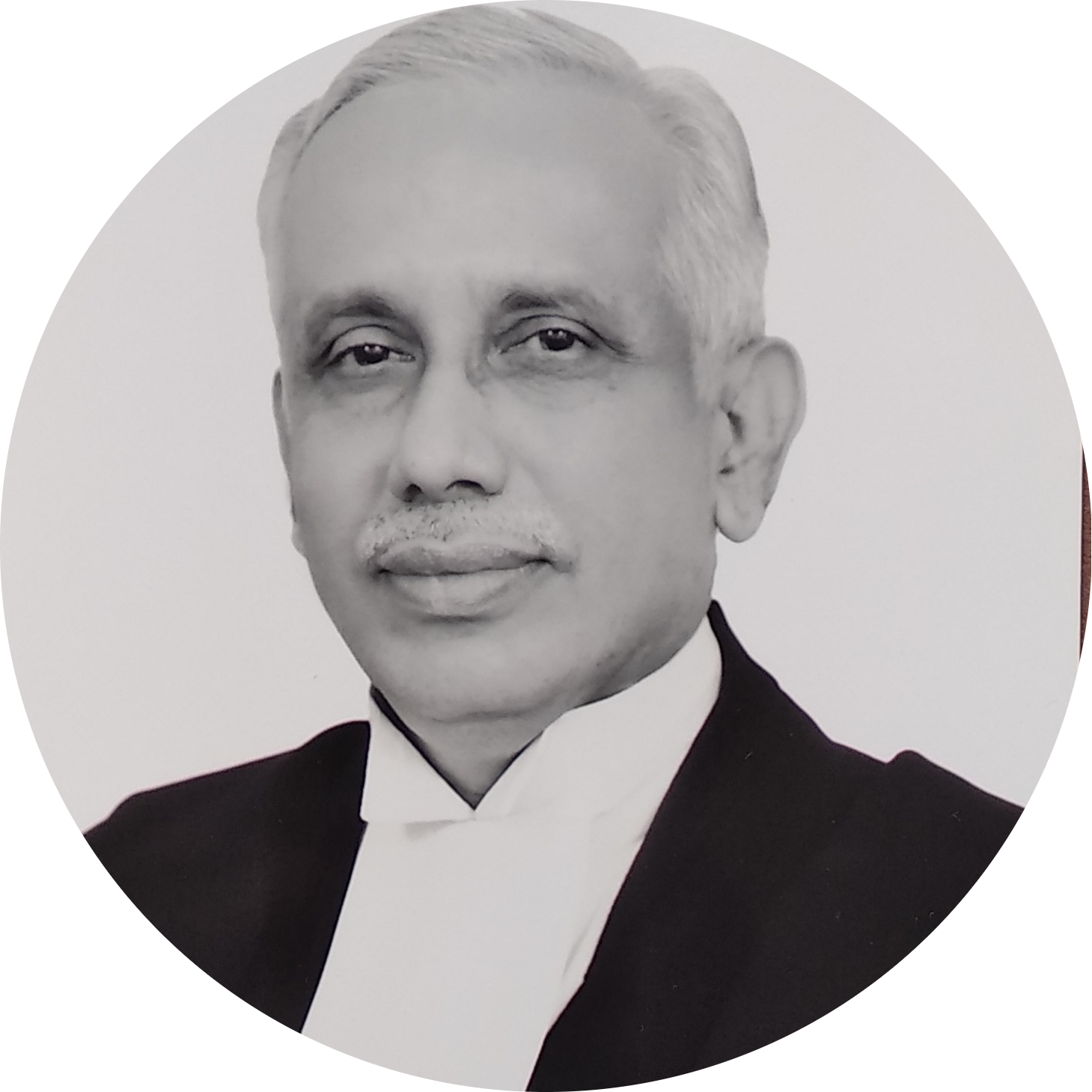Triple Talaq
Shayara Bano v Union of India
The Supreme Court held that the practice of talaq-e-biddat or instantaneous triple talaq is unconstitutional.
Decided
Parties
Petitioner: Shayara Bano
Lawyers: Amith Chadha; Salman Khurshid (Amicus Curiae)
Respondent: Union of India; Ministry of Law and Justice; Ministry of Women and Child Development; Ministry of Minority Affairs; National Commission for Women; All India Muslim Personal Law Board; Rizwan Ahmad
Lawyers: Mukul Rohatgi; Kapil Sibal; Manoj Goel;
Intervenor: Jamait-Ul-E-Hind; Centre for Study of Society and Secularism; Jamait Ulama-i-Hind; Zakia Soman; Bharatiya Muslim Mahila Andolan; Forum for Awareness of National Security;
Lawyers: Anand Grover, Indira Jaising; Ram Jethmalani; Nithya Ramakrishnan,; Farah Faiz; Mohammad Arif Khan; Raju Ramachandran; V. V. Giri
Case Details
Case Number: WP (C) 118/2016
Next Hearing:
Last Updated: July 21, 2022
Key Issues
Is the practice of talaq-e-bidat (specifically – instantaneous triple talaq) an essential practice of Islam?
Does the practice of Triple Talaq violate any fundamental right?
Case Description
Ms. Shayara Bano and her husband, Mr. Rizwan Ahmed, got married in April 2002 in Uttar Pradesh. Ms. Bano claimed that her husband ‘compelled’ her family to give dowry for the marriage. She stated that her husband and his family drugged, abused, and eventually abandoned her while she was sick when her family could not provide additional dowry.
In October 2015 Mr. Ahmed divorced Ms. Bano through the practice of talaq-e-biddat, also known as instantaneous triple talaq. Talaq-e-biddat is a religious practice that allows a man to divorce his wife instantly by saying the word ‘talaq’ thrice. The practice does not require the wife’s consent.
Ms. Bano filed a writ petition at the Supreme Court in February 2016 challenging the constitutionality of talaq-e-biddat, polygamy, and nikah-halala. Polygamy as an Islamic religious practice allows men to marry more than one woman at a time. If a Muslim woman wants to remarry their first husband following a divorce, nikah-halala requires them to first marry and subsequently divorce her second husband.
Ms. Bano claimed that these practices violate the Right to Equality, the Right against Discrimination, and the Right to Livelihood. She further argued that these practices were not protected by the Right to Freedom of Religion—religious freedom is subject to other fundamental rights, public order, morality, and health.
On February 16th, 2017, the SC directed the All India Muslim Personal Law Board (AIMPLB), the Union Government, and women’s rights groups such as the Bebaak Collective and the Bhartiya Muslim Mahila Andolan, to give written submissions addressing the matter. All of these groups, besides the AIMPLB, filed submissions in support of Ms. Bano.
While the AIMPLB conceded that Shariat strongly condemns the practice of talaq-e-biddat, they argued that the Court could not review uncodified Muslim personal law. They further argued that these practices were essential to Islam and protected by the Right to Freedom of Religion.
On March 30th, 2017, the SC created a 5-Judge Constitution Bench to hear the matter. The Bench comprised Chief Justice J.S. Khehar and Justices Kurian Joseph, R.F. Nariman, U.U. Lalit and Abdul Nazeer. The Bench heard the case between May 11th and May 19th, 2017, and delivered the Judgment on August 22nd, 2017. In a 3:2 split, the majority held that the practice of talaq-e-biddat was ‘manifestly arbitrary’ and unconstitutional. Chief Justice Khehar and Justice Nazeer dissented, stating that talaq-e-biddat was protected by the Right to Religion and that it was the job of Parliament to frame a law to govern the practice.
Two years later in July, Parliament enacted the Muslim Women (Protection of Rights on Marriage) Act, 2019 which made the practice of talaq-e-biddat a criminal act, punishable with up to three years imprisonment. The Jamiat Ulama-I-Hind, Samastha Kerala Jamiathul Ulema, and the President of the Rashtriya Ulema Council challenged this Act in separate petitions at the Supreme Court in August 2019. However, the Court is yet to begin hearing arguments in the matter.

